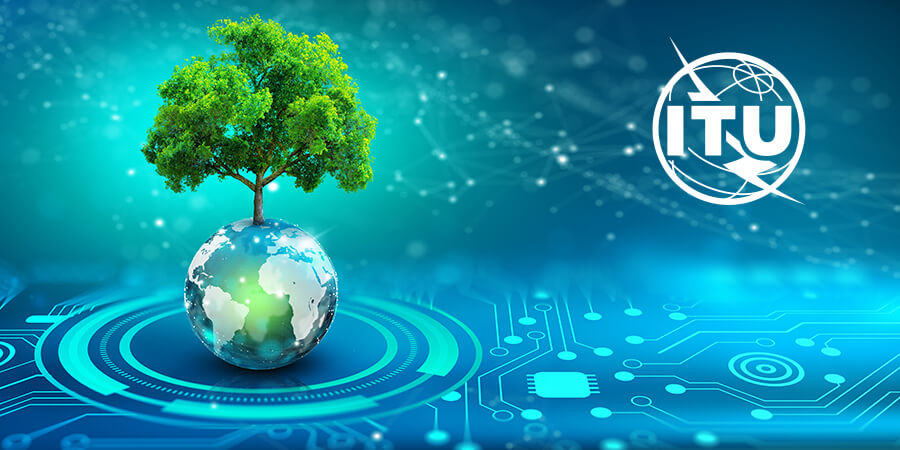When it comes to the goals of the Paris Agreement, the world is significantly behind schedule. Following a decline brought on by the COVID-19 epidemic, greenhouse gas emissions are now surging once more, with little indication that the world is becoming greener or environmentally better at this time.
The next United Nations climate change conference, COP28, will offer new methods and new opportunities for collaboration to showcase the value of digital climate action.
COP28 will focus on tackling the triple planetary crisis of climate change, pollution and biodiversity loss.
To ensure green and digital transitions for the benefit of everyone, the International Telecommunication Union (ITU) has set out to work with all partners committed to action.
The UN body for digital technology, the ITU, actually urges businesses and organizations from all over the world to band together for Green Digital Action during COP28.
ITU Secretary-General Doreen Bogdan-Martin said: “Digital inequalities undermine our ability to act as one and accelerate climate action. ITU is an essential part of the equation in bringing the remaining one-third of humanity online and driving the transition to net-zero emissions.”
Information and communication technologies (ICTs), which include cutting-edge digital innovations, are essential for climate monitoring and adaptation to climate change, including early warning systems and mitigation strategies. Examples include digital tools that boost energy efficiency, create greener networks and quicken the adoption of circular economy practices along the value chain.
José María Álvarez Pallete, chairman and CEO, Telefónica, added: “We need to heavily invest in digital infrastructure because without it we are not going to be efficient. We can save between 15 and 30% in carbon emissions over the next 20 years by using digital technology and applying it to smart factories, smart cities, smart roads and smart agriculture. This is the kind of transformation that flows through the network. Digital tech can support industry decarburization, agricultural resilience, water management, renewable energy transition and biodiversity protection. For now, however, the rapid growth of today’s digital society continues to increase energy consumption, ICT-sector emissions, material use and e-waste.”
